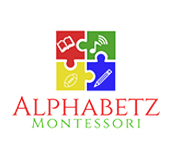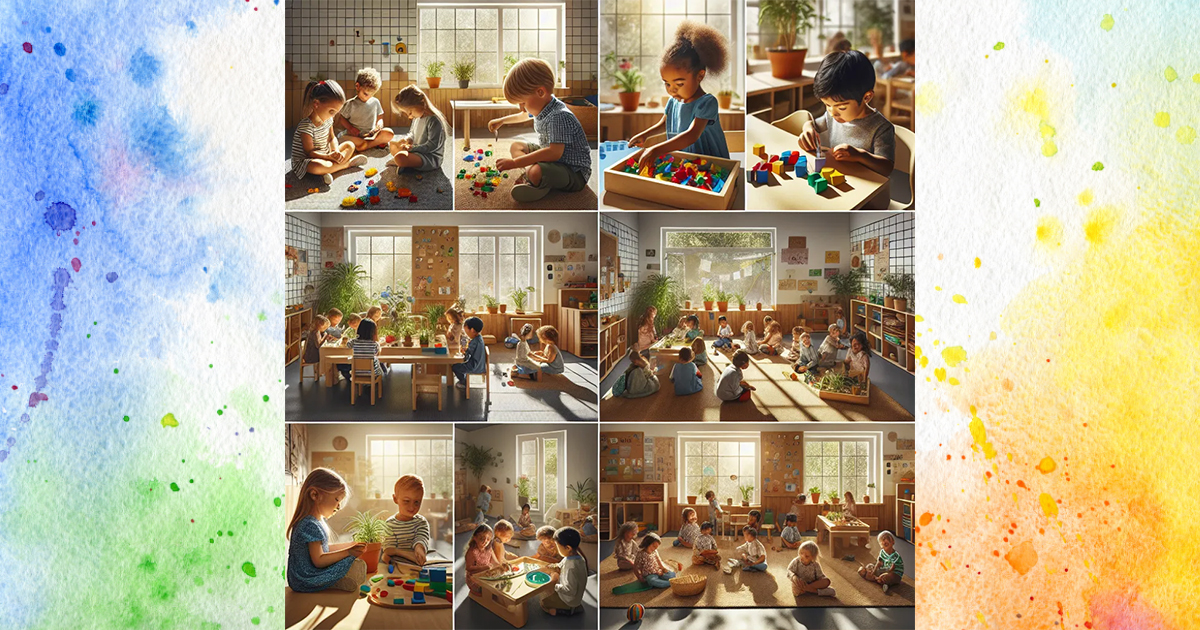Tiny Tots, Big Steps: Montessori Magic for Infants
In the journey of raising a child, every tiny step matters, and the Montessori method, with its emphasis on respect, independence, and natural learning, offers a magical blueprint for nurturing infants. This blog explores the Montessori principles tailored for the youngest learners, providing insights and practical tips for parents and caregivers eager to lay a solid foundation for their children's future. Embracing Respect as a Foundation At the heart of the Montessori philosophy lies a…










